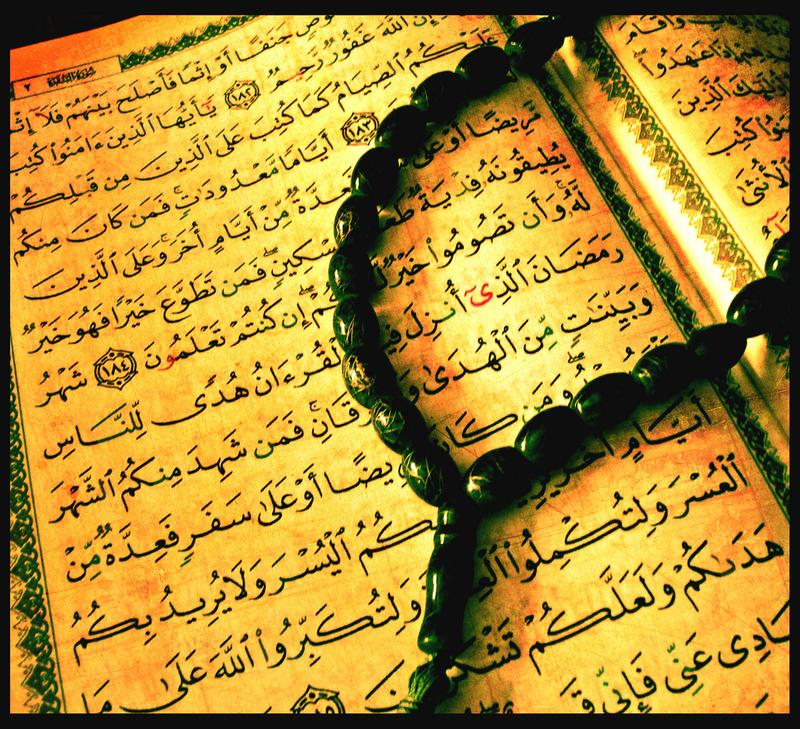
Welcome to Politics Bites, where every afternoon at It's A Free Country, we bring you the unmissable quotes from the morning's political conversations on WNYC. Today on The Brian Lehrer Show, Fawaz Gerges, professor in Middle East and International Affairs at the London School of Economics discussed the history of the Muslim Brotherhood and its relationship to the ongoing protests in Egypt.
While there exists some concern that the Muslim Brotherhood represents the possibility of hard-line Muslim extremism in government, the Brotherhood itself is trying to advance their image as a legitimate moderate political movement. Is the Muslim Brotherhood, in fact, Egypt’s equivalent of the Ayatollah in Iran or Al Qaeda in Pakistan? Or do they represent a more centrist group standing in opposition to a repressive leader and in favor of a moderate brand of Islamist politics?
Fawaz Gerges said the group has moved away from the subversive activities of the 1940s through the 1960s, yet remains immensley influential.
In a way, the Muslim Brotherhood has influenced the Islamist universe throughout the world — mainstream, centrist, radical and militant. It’s very correct to say so, because there are many faces of political Islam... and most have been shaped and influenced by the ideology and the rhetoric of the Muslim Brotherhood.
Gerges believes that the Brotherhood has become much more a part of the mainstream centrist movement in the last thirty years after it renounced the use of force and violence. He said since the late 1960s, the organization has been trying to shed its previous image of radicalism and subversion.
The Muslim Brothers have really traveled a long way. It’s been a long journey, and they still have a longer journey to travel, not only be accepted by Egyptian public opinion, but also to [gain] the trust and confidence of the Egyptian people… I would argue that the Muslim Brotherhood in Egypt is traveling the same road as the Turkish Islamists, that is, they now accept the rules of the political game, they have shown maturity, they are playing a moderating role within the opposition force, and their behavior and conduct.. since the parliamentary elections in Egypt has really shown how far the Muslim Brotherhood has traveled…. The Muslim Brotherhood has basically empowered Muhammad ElBaradei, the Nobel prize winner and the public face of the opposition, to be the bridge, the negotiator for the army and the Egyptian government.
Gerges thinks it's a possibility that Egypt might find itself in a similar position to that of Iran after its revolution.
Social upheaval has a logic all its own. No one can predict how social upheaval and social unrest will manifest itself. This is the reality. Even if a transition government takes place in Egypt in the next few months, I would say the process will likely be messy and even prolonged and risky. Risks are inherent in any transitional process.
While the Muslim Brotherhood does remain one of the only organized civil society groups in the face of the vacuum left by sixty-plus years of authoritarian dictators, Gerges pointed out that unlike in Iran, in the current upheaval in Egypt there is no Ayatollah figure or any sort of charismatic leader.
It is the embattled middle class that is spearheading the Arab revolution. You’re talking about mainly independents, centrist, democrats, nationalists, leftists, independent Islamists and the Muslim Brotherhood, the most powerful organized social movement.
Rather than asking if Egypt will go the way of Iran, Gerges said that a better question might be whether Iran will go the way of Egypt.
If I were an Iranian leader like Ahmadinejad and the mullahs, I would be terrified, because as we well know, in the last year or so Iran has witnessed a great deal of social upheaval, and the reverberations of [Egypt’s] upheaval in the Arab world could have tremendous, tremendous impact.